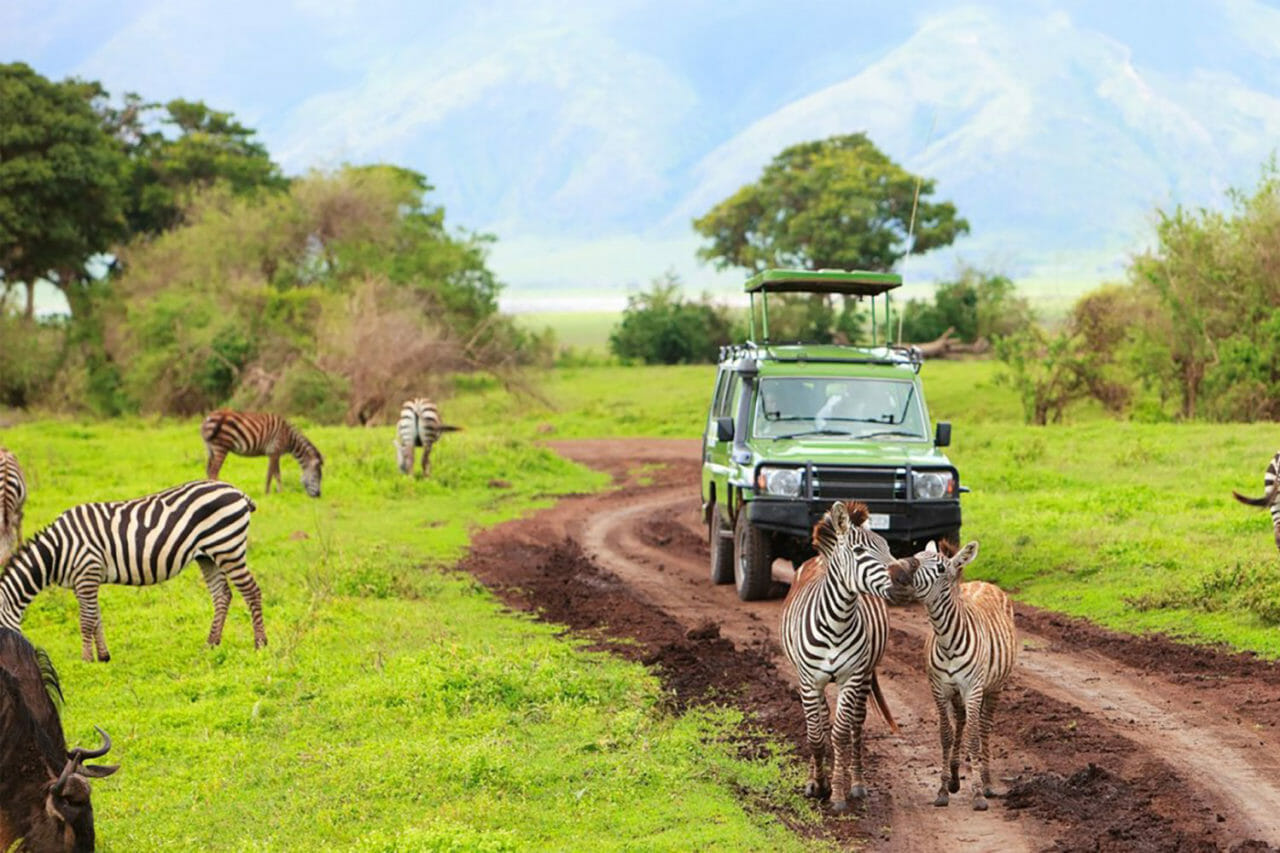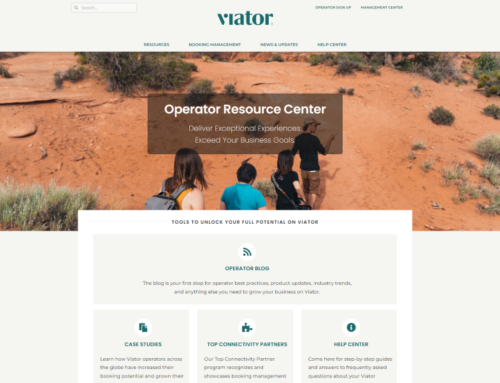At Viator, we’re committed to helping improve the way wild animals are treated within the tourism industry.
Across the globe, many tours, activities, and attractions feature animals in some way, whether in the wild or in captivity. At TViator we’re committed to helping improve the way wild animals are treated within the tourism industry. In doing so, we believe that every operator who provides or sells such a guest experience has a responsibility to ensure the needs of the animals involved are properly cared for, and that those animals are treated with respect and dignity.
For this reason, every product sold on Viator that features animals as a part of their experience must, without exception, comply with our Animal Welfare Policy.
The full details of our policy are described below and explain the types of products that are in violation of our animal welfare program, as well as those that are in compliance and eligible to be sold.
Products in Violation
Viator does not sell tickets to, or generate booking revenue from the following products.
Physical interaction with animals in captivity
- Specific experiences where tourists come into physical contact with captive wild animals unless certain exceptional circumstances apply (please see section on Compliance, below).
Shows and Performances
- Specific experiences where captive wild or endangered animals are forced to perform demeaning tricks or other unnatural behaviors in front of the general public, or where they are featured as part of a live circus or stage entertainment act in a demeaning manner (including imitating humans, such as dressing up in costume).
- Demeaning acts are defined as those where an animal may be either drugged or forcibly trained to behave or comply in an unnatural way, and which do not provide either necessary stimulation, exercise or veterinary care to that animal.
Cetaceans (Whales and Dolphins)
- Attractions or experiences where captive cetaceans are placed on public display (exception are listed under Compliance section, below).
Blood sports
- Any attraction that is found to be in breach of the listing policy as it relates to the harming or killing of animals.
- This policy stipulates that Viator does not list attractions where the primary purpose of the business includes:
- The harming or killing of endangered species in the wild (such as the hunting of endangered animals); and/or
- The harming or killing of any captive animal (such as blood sport attractions)
- Feeding demonstrations that involve live animals being fed to other animals for entertainment (e.g. feeding live cows to lions).
Products in Compliance
Eligible products that feature animals and are in compliance with our policy include the following:
Physical interaction with animals in captivity
- Aquarium touch pools used for education purposes, where tourists are under the supervision of zoo, aquarium and or wildlife officials.
- Invertebrate touch and feel experiences (such as spider/insect experiences) used for education purposes, where tourists are under the supervision of zoo, aquarium and or wildlife officials.
- Any feeding or touching program in a captive environment, conducted under the supervision of zoo and or wildlife officials, where physical interaction is initiated by the animals themselves as a natural behavior (i.e. the animals are not drugged, baited or intimidated into compliance) and where those animals can disengage from contact at will.
- Voluntourism programs for endangered species preservation at zoos, aquariums or sanctuaries where it is possible that there might be some level of physical interaction with an animal.
- Domesticated animals, such as horseback riding or children’s petting zoos.
Cetaceans (Whales and Dolphins) seaside sanctuaries
- Any sanctuary facility that provides all of its captive cetaceans with a permanent seaside living environment.
- Any commercial or not-for-profit facility that is in the process of developing, alternative seaside sanctuary environments for captive cetaceans and that has made a public commitment to rehouse all captive cetaceans in its care to these environments in an expedient manner.
- A seaside sanctuary environment is defined as a natural body of coastal water, such as a bay or cove, that houses cetaceans in as close to a natural environment as possible while providing protection and oversight from qualified husbandry and veterinary staff.
- Seaside sanctuaries must adhere to a strict no-breeding policy, must not train their animals to perform in any shows or performances for public display, and must prohibit all forms of physical interaction between guests and the animals, including any in-water guest experiences.
Other facilities
- Subject to any other relevant policy stipulations, guest experiences at the following types of facilities may also be eligible for sale:
- Any accredited* facility that has made an official and public commitment to implement all of the following practices:
- Cease and prevent the breeding of cetaceans in its care
- Cease the importation of captive cetaceans from other facilities for public display
- Cease the capture and importation of wild cetaceans for public display
*Accreditation must be provided by a member association of World Association of Zoos and Aquariums (WAZA)










